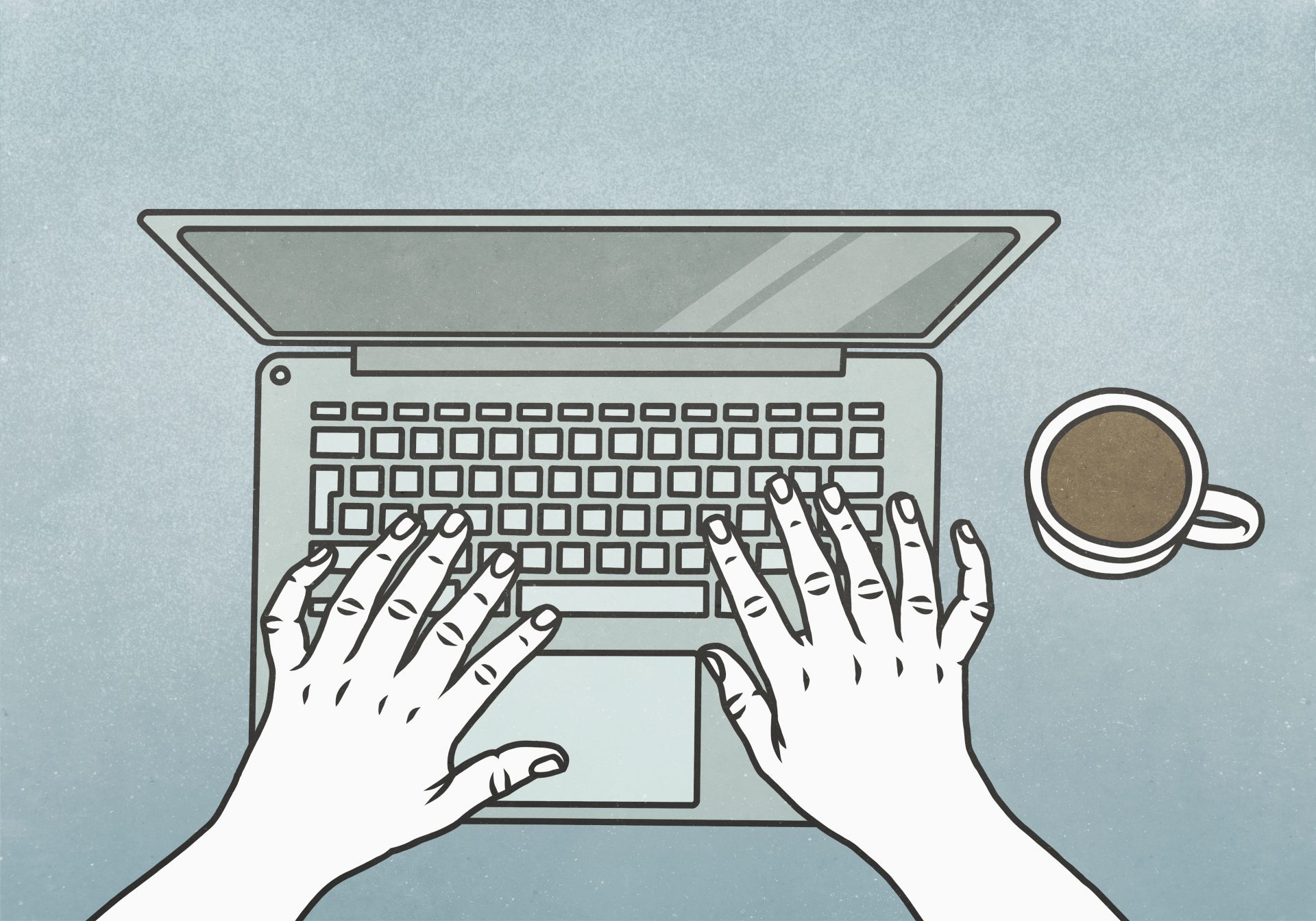Written by Lauren Geall
As Stylist’s digital writer, Lauren Geall writes on topics including mental health, wellbeing and work. She’s also a big fan of houseplants and likes to dabble in film and TV from time-to-time.
Understanding the reason why you procrastinate is the key to gaining control over the habit. Here, an expert unpicks the six different ‘types’ of procrastinators, and shares her top tips for each type to help you manage your behaviour.
If you’re someone who struggles with procrastination, you’ll know how frustrating it can be to try and overcome such an ingrained habit. Indeed, no matter how much you dream about becoming the kind of person who completes a task as soon as it presents itself, you’ll know it’s all too easy to find yourself slipping back into your old ways.
However, there’s a reason why resisting the urge to procrastinate seems so hard. While it’s easy to tell yourself you’re going to ‘be productive’ and resort to self-criticism when you get distracted, doing so ignores a very important part of procrastination – that it’s a habitual behaviour triggered by an underlying cause.
“While it may appear to be detrimental, as with most things, our behaviour is serving a purpose to protect us,” explains Jenny Devonshire, founder of the workplace wellness performance portal Pause 2 Perform.
“That’s why we can feel utterly powerless when it comes to ‘ditching the dawdling,’ even when we fully understand the negative consequences to our (lack of) actions – which is why procrastination runs a little bit deeper than simply being lazy or unmotivated.”
According to Devonshire, there are six different types of ‘procrastinators’ (each of which is motivated by the need to satisfy one of the six basic human needs: safety, variety, significance, love and connection, growth and contribution), and understanding which type you are can provide the key to unpicking your habit for good.
To find out more, Stylist spoke to Devonshire about the six types of procrastinators, and how to use each type to overcome the urge to put things off. Here’s what she had to say.
The 6 types of procrastination (and how to tackle them)
1. The Perfectionist

“The Perfectionist is trying to avoid being embarrassed by or judged for substandard work.” “The Perfectionist gets overwhelmed by expectations, wants things to be perfect and feels there is always room for improvement on their work. It feels impossible for them to complete tasks to their exacting standards. This procrastinator is trying to avoid being embarrassed by or judged for substandard work.”
Top tip for overcoming the habit: “The Perfectionist needs clear deadlines so they don’t spend too much time on a task, and needs reminding that getting something done is better than spending ages making something perfect, because perfection does not exist.
“The Perfectionist should also try to celebrate completion and reward themselves for getting tasks done rather than trying to make everything perfect.”
2. The Dreamer

“The Dreamer underestimates how long things will take and often gets bored.” “The Dreamer underestimates how long things will take and often gets bored, usually because they need variety in their life, role or daily tasks (one of our basic needs).”
Top tip for overcoming the habit: “Techniques to overcome procrastination for the Dreamer include setting small, daily, achievable goals and being realistic about the task and how long it will take to complete.
“They should also make a clear plan of how to tackle the task and stick to it and make themselves accountable by telling peers or colleagues what they are working on and what the deadline is where appropriate. The Dreamer might also want to reward themselves once they have completed small tasks, to help their motivation to continue.”
3. The Worrier

“The Worrier seeks safety by procrastinating and is driven by fear.” “The Worrier seeks safety by procrastinating and is driven by fear. This can be fear of failure, of judgement or even fear of success – another trait of the worrier is imposter syndrome.”
Top tip for overcoming the habit: “The Worrier should take time to explore their fears fully – they could even start a journal where they ask themselves, ‘What’s the worst that could happen?’
“The Worrier might also like to break up their day with stress-reducing activities such as breathwork, meditation, yoga or going for a walk. Having a supportive team to turn to in times of anxiety can also be useful.”
4. The Drama Queen

“The Drama Queen feels like they work better under pressure so leave things to the last minute, which results in them panicking.” “The Drama Queen feels like they work better under pressure so leave things to the last minute, which results in them panicking and rushing tasks. However, they enjoy the rush of working to a deadline when a task would otherwise seem boring.”
Top tip for overcoming the habit: “The Drama Queen should identify healthier challenges and motivators for the task instead, rather than using stress as their motivation.
“They could also create deadlines for themselves as a way of using their natural adrenaline rush to complete tasks earlier.”
5. The Rebel

“The Rebel prefers to maintain control over situations and retain a sense of individuality.” “The Rebel doesn’t like to be told what to do, even by themselves. They do not like to feel controlled. Many tasks seem unfair or an unnecessary use of their time. They prefer to maintain control over situations and retain a sense of individuality.”
Top tip for overcoming the habit: “The Rebel should strive to act rather than react. They should reflect on ways they could potentially respond to a task before reacting and be aware of when they are choosing defiance.
“They could also ask themselves whether long-term regrets are worth short-term pleasure or choose one task every week to complete in their own way to satisfy their need for individuality.”
6. The Over-Doer

“The Over-Doer takes on too much and then procrastinates because they feel overwhelmed and simply have too much to do.” “The Over-Doer finds it difficult to prioritise and say no to things, which results in too many demands being made on their time. They take on too much and then procrastinates because they feel overwhelmed and simply have too much to do.”
Top tip for overcoming the habit: “The Over-Doer should acknowledge their limitations and try not to take on too many tasks, learning to say no to tasks where necessary.
“They should also prioritise their tasks so they’re only tackling one task at a time and make a daily to-do list to help them maintain these priorities.”
Images: Getty
Source: Read Full Article
